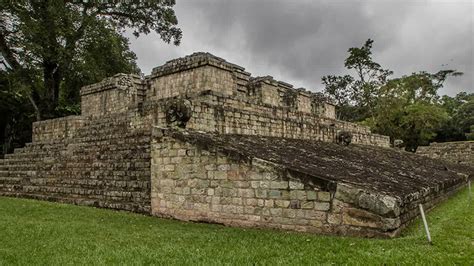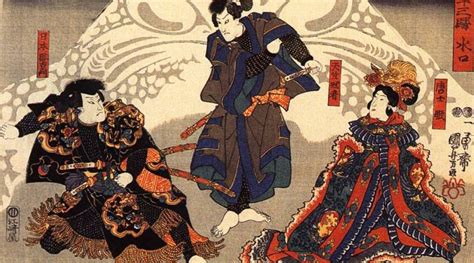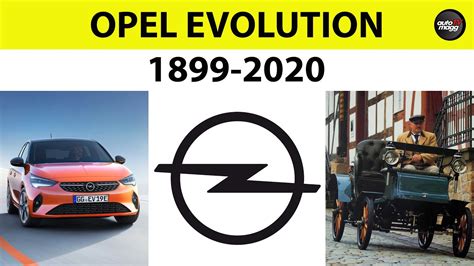Discover the early history, formation, and modern role of Poland, including its involvement in World War II and the impact of the communist era.
Early History of Poland
Contents
Early history of Poland dates back to the 10th century when the establishment of the Polish state began. The Polish tribes in the region were ruled by various dukes and princes, and the country slowly started to form into a cohesive state. The baptism of Mieszko I in 966 and the subsequent acceptance of Christianity played a crucial role in the development of the Polish state. This transition helped Poland to integrate with other European countries and became an important player in the political scene.
During this time, the Polish state faced numerous challenges from neighboring powers, but it managed to establish itself as a strong and independent entity. The early history of Poland also saw the emergence of the Piast dynasty, which played a significant role in shaping the country’s political and cultural landscape. The reign of these early rulers set the stage for Poland’s future growth and expansion.
Throughout the early history of Poland, the country experienced periods of internal strife and external conflicts, but it also witnessed significant cultural, economic, and social developments. The early Polish state made important contributions to the region and gradually expanded its influence beyond its borders. The rich history of this period laid the foundation for Poland’s future as a major European power.
Overall, the early history of Poland is a testament to the resilience and determination of its people. Despite facing numerous challenges, the country managed to establish its identity and grow into a significant player in European politics. The early period laid the groundwork for Poland’s future successes and set the stage for the country’s continued development and influence on the world stage.
Formation of the Polish State
Poland’s origins as a state can be traced back to the 10th century, with the establishment of the Polish state by Duke Mieszko I. He united the Polish tribes and converted to Christianity, laying the foundations for a cohesive state. The early Polish state faced challenges from neighboring countries, but it continued to grow in strength and influence.
During the 14th century, the Polish state reached its peak under the rule of King Casimir III, who expanded the territories and strengthened the economy. This period saw the flourishing of culture and arts, establishing Poland as a leading power in Central Europe.
The 16th century witnessed the Polish-Lithuanian Commonwealth as a significant political entity, forming a dual monarchy that held sway over vast territories in Eastern Europe. This era marked the golden age of Poland, with a rich and diverse society that prospered under a stable government.
The formation of the Polish state was a complex and dynamic process that shaped the nation’s history and identity. From its humble beginnings to its prominence as a regional power, Poland has evolved through centuries of political, cultural, and social changes, leaving a lasting legacy that continues to influence modern Polish society.
Poland’s Role in World War II
Poland’s role in World War II was significant, as it was one of the first countries to be invaded by Nazi Germany in 1939. This event triggered the beginning of the war in Europe. Despite fierce resistance, Poland was quickly occupied by the German forces, leading to a period of brutal occupation that lasted for several years. The Polish people suffered greatly during this time, with many being subjected to forced labor, imprisonment, and execution.
Following the invasion, Poland became a key battleground in the war, with important battles such as the Warsaw Uprising and the Battle of Monte Cassino. The Polish government-in-exile, based in London, played a crucial role in the Allied effort, contributing troops to the British and Soviet forces and providing valuable intelligence and support.
Additionally, Poland was the site of some of the most notorious Nazi concentration and extermination camps, including Auschwitz, where millions of people, including a large number of Polish citizens, were murdered. The country also suffered widespread destruction and loss of life during the war, with many cities and towns being reduced to rubble.
Despite the immense suffering endured by the Polish people, their resilience and bravery during World War II is a testament to their spirit and determination. The war had a profound impact on Poland, shaping its future and leaving a lasting legacy that is still felt to this day.
Communist Era in Poland
The communist era in Poland began in the aftermath of World War II, when the country came under the control of the Soviet Union. The Soviet-backed Polish United Workers’ Party (PZPR) assumed power, establishing a Marxist-Leninist government. The communist regime implemented collectivization of agriculture, nationalization of industry, and the suppression of political opposition. This period was marked by strict censorship, limited freedom of speech, and the purging of intellectuals and dissidents.
The Soviet influence extended to all aspects of Polish life, including education, culture, and the media. The government promoted the cult of personality around leaders such as Joseph Stalin and later Nikita Khrushchev. The economy struggled under the centralized planning of the communist system, leading to shortages and rationing of basic goods. Despite these challenges, the regime maintained a facade of stability and unity, often through propaganda and coercion.
The communist era in Poland was characterized by a tumultuous relationship with the Soviet Union, particularly during the Hungarian Revolution of 1956 and the Prague Spring of 1968. Poland experienced its own wave of political upheaval in the 1980s, marked by the emergence of the Solidarity trade union movement led by Lech Walesa. This grassroots movement challenged the authority of the communist government and ultimately contributed to the collapse of the regime.
The fall of communism in Poland came with the historic Round Table Agreement in 1989, which paved the way for free elections and the establishment of a democratic government. This momentous event not only marked the end of the communist era in Poland but also symbolized the broader shift towards democracy and freedom in Eastern Europe. The legacy of this era continues to shape Poland’s politics, economy, and society to this day.
Poland’s Independence and Modern History
Poland’s Independence and Modern History is a fascinating and complex period in the country’s history. After World War I, Poland regained its independence after over a century of foreign rule. The interwar period saw the country establish itself as a sovereign nation, with a democratic government, a growing economy, and a vibrant cultural scene.
However, this period was short-lived, as Poland was invaded by Nazi Germany and the Soviet Union in 1939, marking the beginning of World War II. The country suffered greatly during the war, with millions of people killed and cities destroyed. Despite these challenges, the Polish people never lost their spirit and fought bravely for their freedom.
After the war, Poland came under the control of the Soviet Union, leading to the establishment of a communist government. This era was marked by political repression, economic hardship, and social upheaval. The Polish people continued to resist the oppressive regime, with the formation of the Solidarity movement in the 1980s, which played a key role in bringing about the fall of communism in Poland and the rest of Eastern Europe.
Since gaining independence from communist rule, Poland has undergone significant political, economic, and social transformations. The country has embraced democracy, joined the European Union, and experienced rapid economic growth. Poland has also played an active role in international affairs, serving as a member of NATO and contributing to global peace and security.













